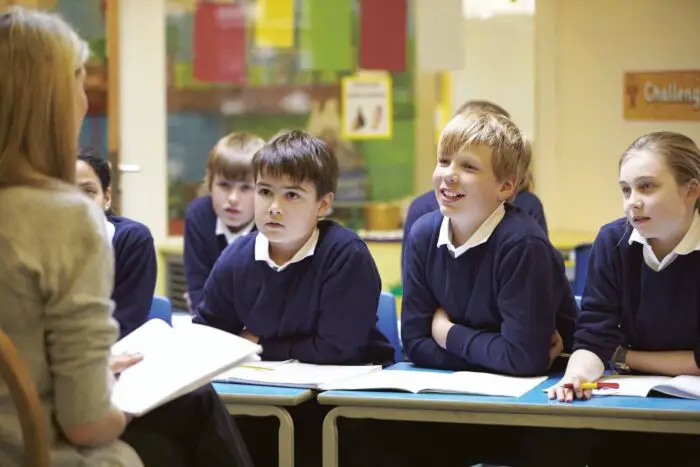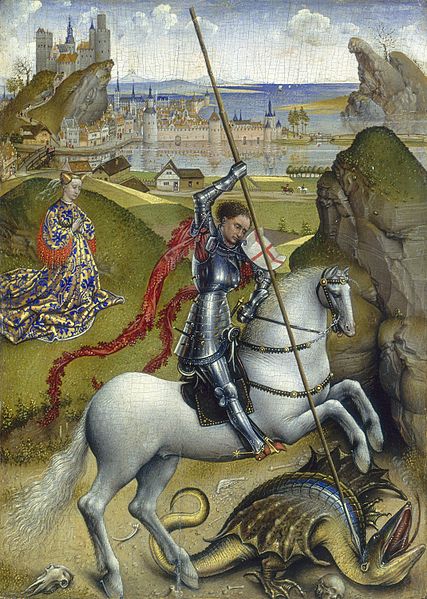Tag: narration
-

A Coherent and Holistic Education: Book Review of Elaine Cooper’s The Powerful and Neglected Voice of Charlotte Mason
In this series, I want to review and highlight the Charlotte Mason Centenary Series of monographs released in 2023. The 18 books in this series are brief and readable volumes that encapsulate a diverse range of topics related to the life, writings and philosophy of Charlotte Mason. My intention is to select a few of…
-

Slow Productivity in School, Part 1: The Problem of Pseudo-Productivity
Classical educators can often be found touting the Latin phrase multum, non multa, in favor of various revolutionary proposals to adopt quality over quantity, depth over breadth, much over many things. (See for instance this article on Memoria Press by Andrew Campbell, or Christopher Perron’s lecture on Classical Academic Press.) The phrase comes from a…
-

The Narration-based Science Lesson
The method of narration articulated by Charlotte Mason is a powerful tool that involves children retelling what they have learned in their own words. Students tell back the content of what they have read, seen or heard. This actively engages their minds in the process of assimilating knowledge, making connections and cultivating language skills. Narration…
-

The Role of Imagination in Education
Imagination. The word brings so much to mind for us today. If there’s one thing that everybody can agree on for children, it’s the need to help them develop a vivid imagination through school, play, and well… everything they do. Or perhaps, ‘develop a vivid imagination’ is the wrong way of putting it. “Every child…
-

5 Elements of Faculty Culture for a New School to Implement on Day 1
With the skyrocketing number of new classical schools opening each year in the United States and beyond, the launch teams for these schools are no doubt busy working to prepare for the first day of school. On the one hand, this inaugural day probably feels far away yet. But on the other hand, for these…
-

Reading for Meaning: Tapping into the Collective Unconsciousness
The story of Saint George and the Dragon is a classic tale of courage and faith. It tells the story of a brave knight, George, who saves a princess from being sacrificed to a dragon that has been terrorizing a small town. After slaying the dragon, George is celebrated as a hero and his bravery…
-

Teaching a Narration-Based Bible Lesson
“Child,” said Aslan, in a gentler voice than he had yet used, “perhaps you do not see quite as well as you think. But the first step is to remember. Repeat to me, in order, the four signs.” The Silver Chair by C.S. Lewis Teaching a Bible lesson can be a teacher’s most intimidating class…
-

“Education is a Life”: Igniting a Love for Learning in the Classroom
“’Education is an atmosphere, a discipline, a life’––is perhaps the most complete and adequate definition of education we possess. It is a great thing to have said it; and our wiser posterity may see in that ‘profound and exquisite remark’ the fruition of a lifetime of critical effort (Charlotte Mason, Parents and Children, p. 33).…
-

The Pathway to Mastery: Apprenticeship in the Classroom
A new book landed on my desk around the beginning of the school year. Robert Greene’s Mastery (New York: Viking, 2012) touches on a number of points that are worthy of exploration and consideration. It reads like a mix of historical biography and self help by a writer who is a master of his craft.…
-

Expanding Narration’s History in the late Middle Ages: Bernard of Chartres from John of Salisbury’s Metalogicon
This is the third blog article expanding the short history of narration I laid out a year ago. In the last two I expanded my treatment of John Amos Comenius to engage in detail with the passages from The Great Didactic and the Analytical Didactic that recommend activities that Charlotte Mason would have called narration.…
